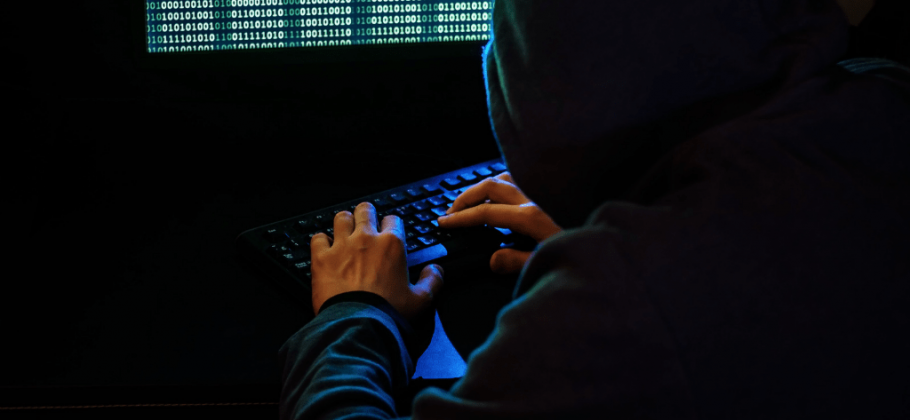This month we’ve seen ransomware attacks put at least ten hospitals and their patients at risk. Three hospitals in the US and seven in Australia have taken drastic measures to safeguard their patients by cancelling surgery appointments and even turning patients away.
Unprotected medical records are affecting patients’ immediate safety in cases where patient histories, charts, images and other information have been removed from healthcare computer systems and literally held for ransom.
Patient safety also comes under scrutiny when we consider the possibility of further information abuse, post-attack.
In 2017 the WannaCry ransomware attack crippled NHS England. For nearly 48 hours the whole system was incapacitated and over 10,000 documents were stolen from 68 hospitals. Since the attack, the NHS has remained dedicated to digitalisation and interoperable solutions but we’re still a far cry from true cyber security.
There are two main issues we face:
- Our healthcare systems are not allied together against future attacks. Each NHS trust will use a different type of security and these trusts don’t work or communicate together. This is the complete opposite to the financial sector who have banded together to force out attacks by working together to outsmart the hackers.
- Medical records are shared with multiple third parties who are all part of the healthcare ecosystem. Yet the transfer of this critically sensitive data is still done via old, outdated, siloed, legacy systems, and astonishingly still by paper in some cases. We need to start considering how cutting-edge technology can aid our healthcare systems as cyber attackers become more organised, tactical and outright conniving. A blockchain is a distributed ledger that runs on multiple devices and records value data using cryptography.
Data stored in a blockchain is highly resistant to modification. In short, keeping patient information on a blockchain puts the patient in control and gives them the power to share a single, immutable version of the truth. This also means that information will have an extra layer of modern protection to protect against an attack.
Healthcare needs to unite against cyber-attacks and utilize all available digital resources to protect patients and avoid delay in treatments. The use of blockchain technology as a holistic solution should be a highly serious consideration for all healthcare professionals and policy makers as well as a forum for defence.
Medicalchain is a London-based medtech company who have built a blockchain solution to the fragmented nature of the healthcare system today. Led by CEO Dr Abdullah Albeyatti. and COO Mo Tayeb, Medicalchain aims to put the patient in control of their medical data, giving them the power to share a single version of the truth with every organisation in their medical network.









